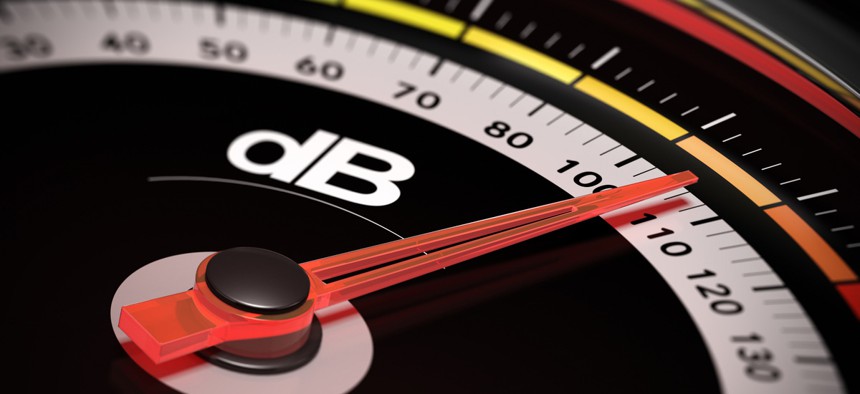A Loud Noise Knocked Out Computers That Run Stock Exchanges Across Northern Europe

Olivier Le Moal/Shutterstock.com
The noise came from an errant fire prevention system.
It seems like computers can do just about anything these days. They write news articles, (almost) drive cars, and trade stocks faster than a human ever could. But our future machine overlords also have weaknesses that makes them seem, in a way, almost human. For one thing, it turns out they don’t like loud noises.
European traders found this out last week, when a high-decibel whistle knocked out Nasdaq’s servers for several hours at a DigiPlex data center in Upplands-Väsby, north of Stockholm. The incident shutdown trading in the stock markets for Sweden, Denmark, Finland, Latvia, Estonia, and Lithuania, as well as equity and fixed-income markets for Iceland, until the exchange operator was able to activate its backup servers. Sweden’s National Debt Office also postponed a bond auction.
The noise came from an errant fire prevention system. Rather than spraying water that can damage sensitive equipment, data centers often use systems that discharge inert gas to displace oxygen and snuff out flames. On April 18, DigiPlex’s fire system was activated and the release of gas was so loud that it damaged Nasdaq’s computers. No other customers were affected, but Nasdaq was forced to fly in new servers to Sweden. (DigiPlex says there was no actual fire, by the way.)
The extremely-loud-gas problem is rare, but has been known to happen at other data centers. A fire-extinguisher test damaged ING’s Bucharest servers in 2016, cutting off the bank’s Romanian customers from their money. ING’s website, online banking operations, and cash machines went offline, according to the BBC. The bank was unable to immediately explain to customers what had happened because its communication system was also knocked out.
Loud noise causes vibrations that damage the alignment of disk drives’ read-write heads to the data tracks, according to a report by Siemens. Tests showed that noise of 110 decibels (roughly as loud as a rock concert) can begin to affect some hard drives, depending on the sound’s frequency. The sound emitted by a data center’s fire-prevention system can be more than 130 decibels, according to Motherboard, a level that’s comparable to being 50 feet away from a military jet taking off from an aircraft carrier.
You can see why redundant, distributed data systems (via blockchain, perhaps) are an attractive idea. And even as digital payments grow, there is still a place for alternative physical systems, like plain old cash coins and bills, just in case. Although servers that are sensitive to loud bouts of gas are amusing, the issue is an increasingly serious one, given how dependent we are on data centers for just about all of our financial needs.





